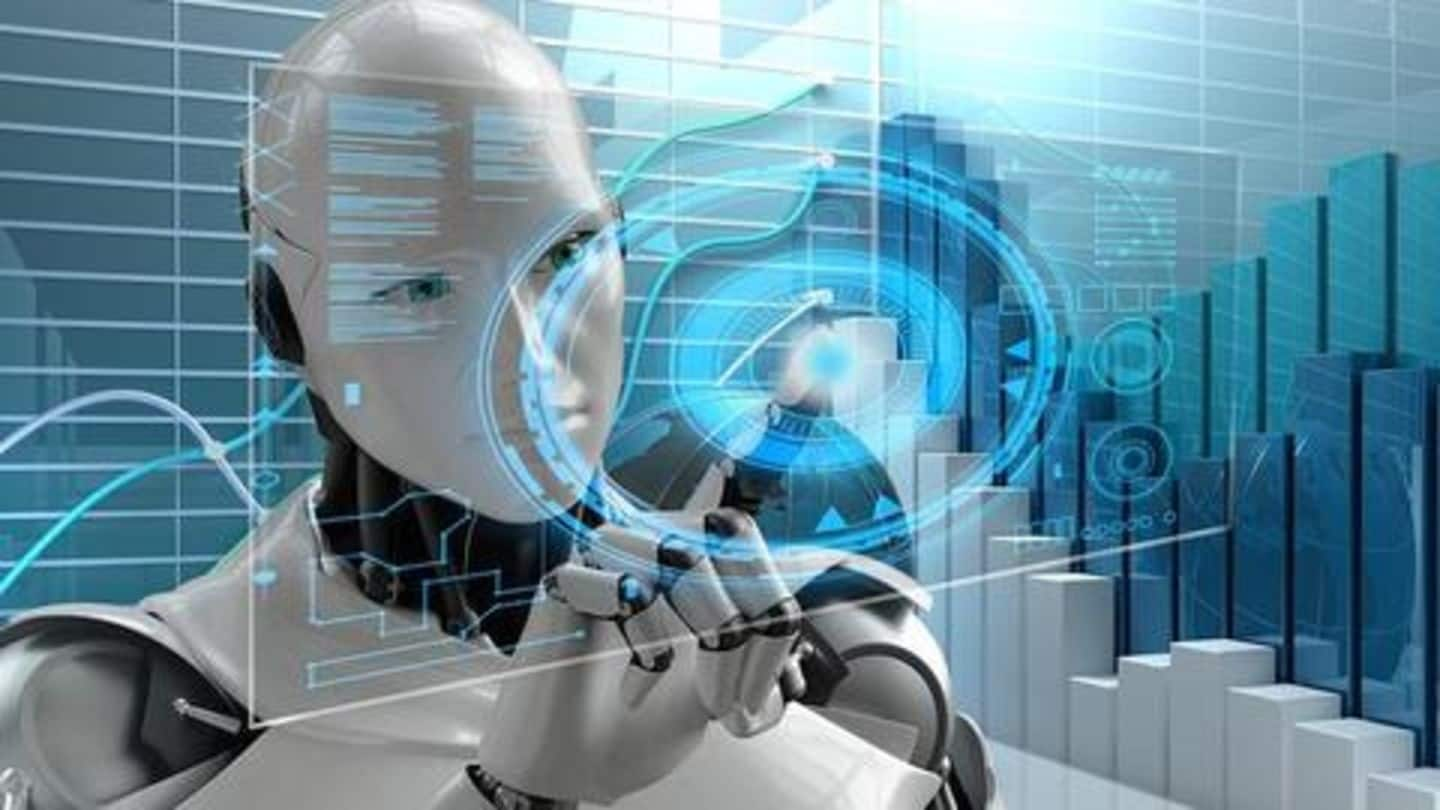
Romantic love with machines is real: Here's all about it
What's the story
The connection between man and machine has existed for years.
But now, as a sign of changing times, some people are getting romantically involved with machines. They identify themselves as 'digisexuals'.
We know it may sound weird, but the fact is, man and machine's relations are actually being forged and we have plenty of examples to cite.
Here's what you should know about digisexuality.
Explanation
So, what is digisexuality?
Digisexuality can be defined as the outcome of advances in robotics and AI meeting and the expanding notion of sexual identification.
Basically, these are people who feel attracted towards machines and artificial intelligence, instead of real flesh and bone humans, the New York Times reported.
They forge emotional, sometimes even physical, relationships with machines, classifying themselves a sexual minority.
Cases
Many people have already identified themselves as digisexuals
A decade ago, the idea of a relation between man and machine was just a plot for movies.
But, over the past few years, this notion has transformed into a reality, with many futurists now pondering over digisexuality.
Just three years ago, a French woman claimed to be engaged to a 3D-printed robot and emphasized that she hated any physical contact with humans.
Information
Added reports of digisexuality
And, this is not just in France. Similar reports have also come from countries like Japan and China too. In Tokyo, a man recently married a hologram, while in China, a man married an AI-powered bot in 2017.
Start
But, how people get attracted to machines?
While the concept is still relatively new, scientists from University of Manitoba and University of Wisconsin-Stout have already assessed the rise of digisexuals in a study.
They detailed how technologies for sexual pleasure, like sex toys, drive the first wave of digisexuals and how people from this group develop deeper emotional/sexual relationships with advanced technologies like AR, VR, and AI-backed sex robots.
Quote
Comment from study author Markie Twist
"What they've been into is sex tech, toys they can control with their tech devices, that attach to their penis or their vulva," Twist said. "They haven't had contact with humans, and really don't have any interest in sex with people."
Possibility
This could blur the line between real and connected sex
The emergence of digisexuals and advancement of sex-focused technologies (improved AI-backed sex robots) could blur the line between real and connected relationships.
We can't be sure of course, but Bryony Cole from Future of Sex told NYT future generations "may grow up with sex education chatbots, make love to the universe in their own VR-created world, or meet their significant other through a hologram."